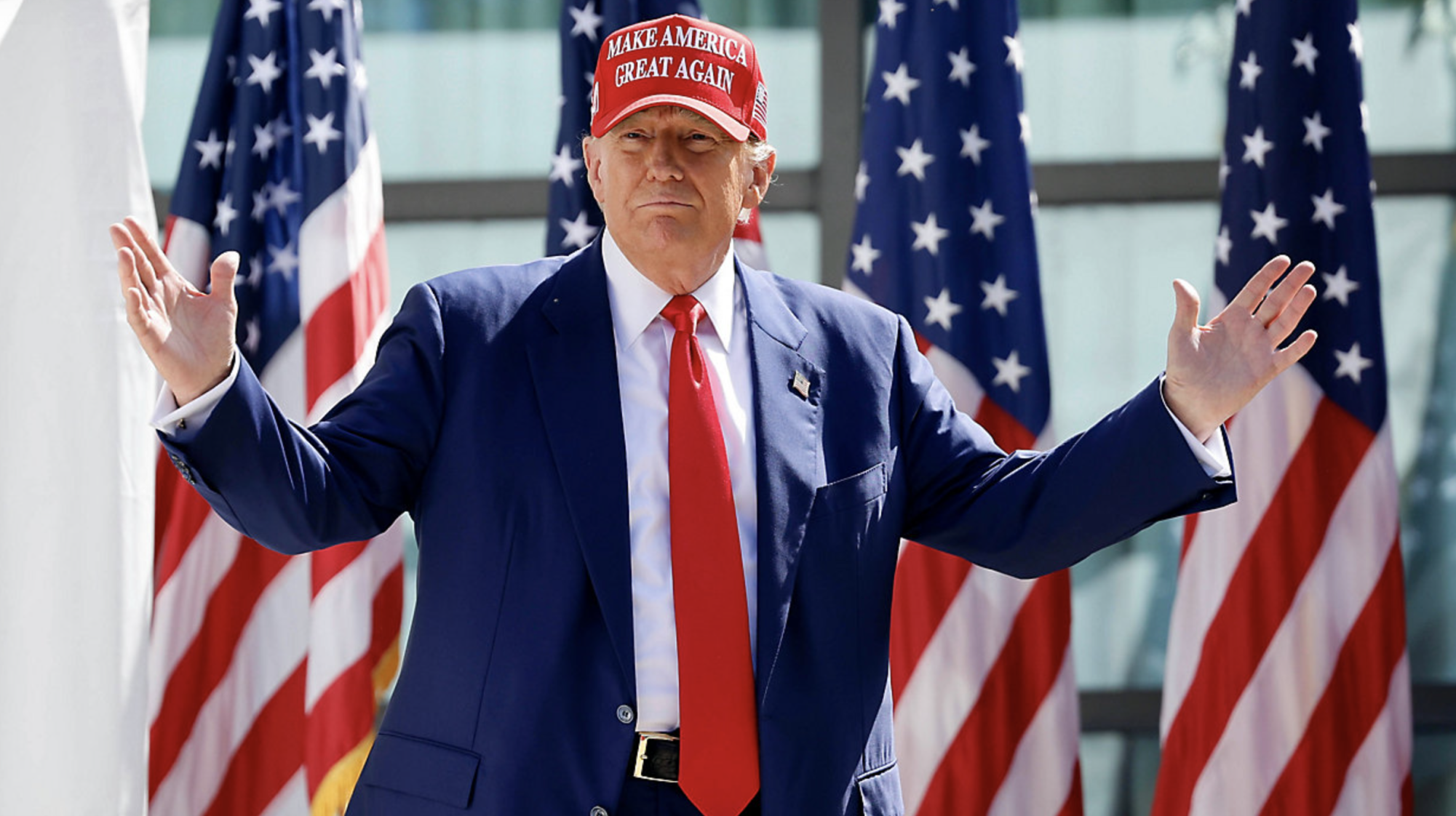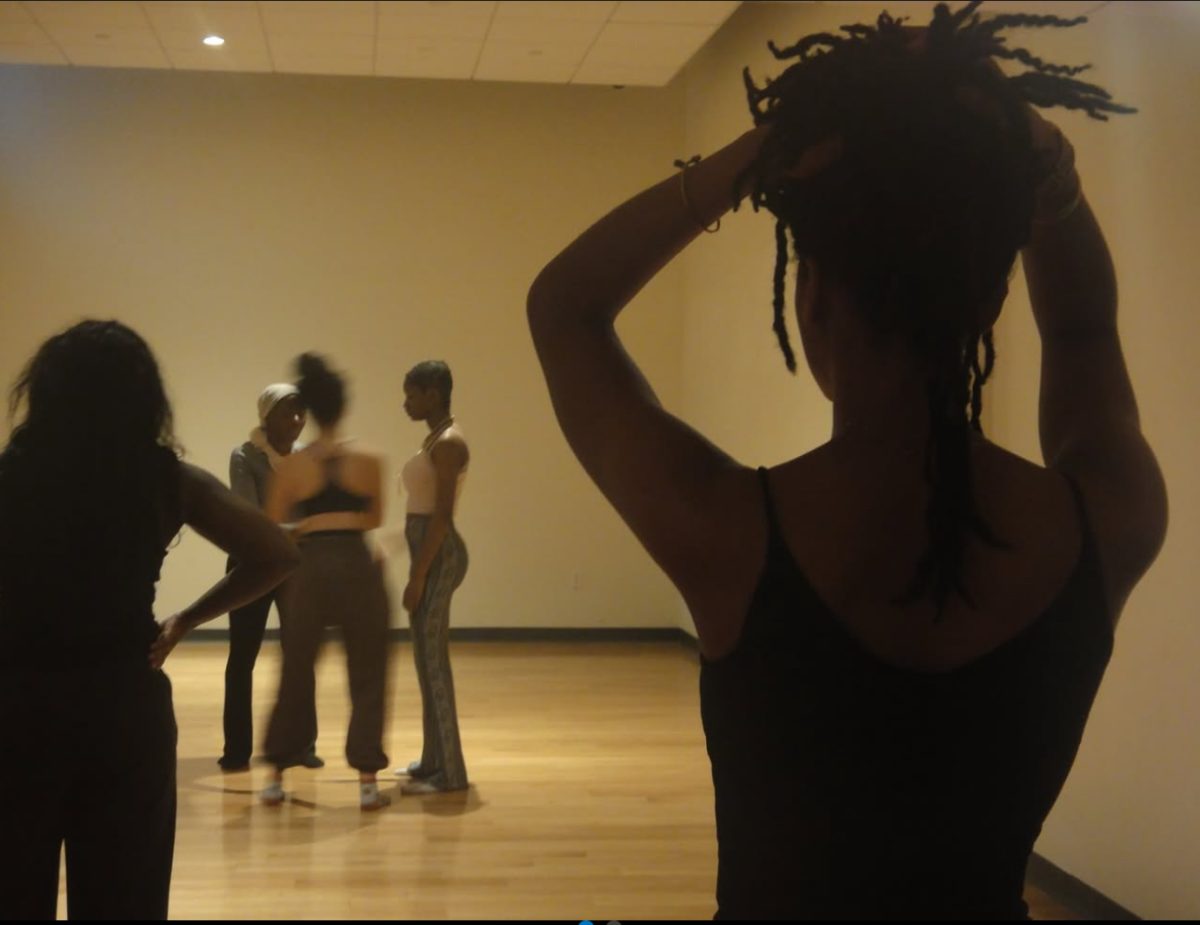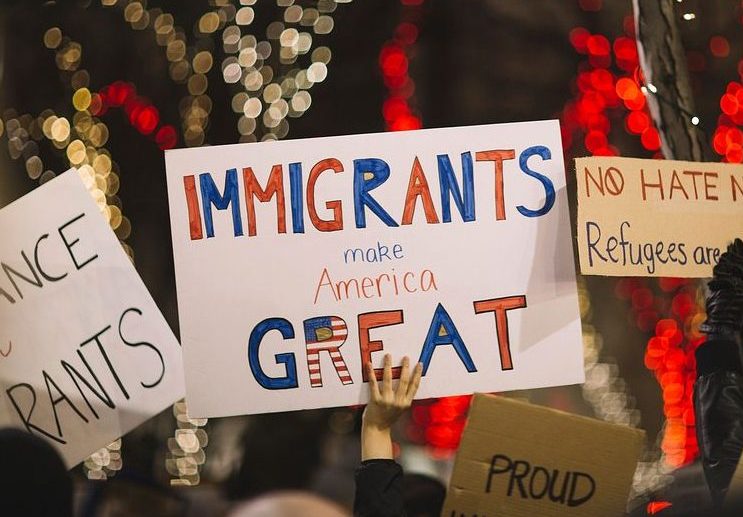With Wellesley College consisting of a diverse student body, it’s no surprise the recent historic election and its results have produced a variety of reactions influenced by every student’s unique background. For example, Wellesley has a strong international student community, who will feel the impact of the election results, even if they are not US citizens or voters in the US elections. Every international student brings a unique perspective to the election, especially because of how their home countries interact with the US. Even if the US is not their home country, the election matters for international students here and back home.
Lyla Ma ’28 is a student from Shanghai, China. Ma had never experienced a democratic election in her home country, so she assumed she could watch the election in a passive manner. She realized quickly it was much more than that to her.
“The result was heartbreaking to me; not only does it greatly affect my immigration prospect, which is gloomy at this point, but it also shows that a large part of the world is growing more conservative. I am indeed unsure and scared of what is to come, but I find comfort knowing that I have siblings here with me,” Ma said.
While most international students are only citizens of their home country, some Wellesley international students are dual US citizens. Meera Baswan ’27 is a dual Canada-US citizen, and this was her first time voting in US elections. As she reflected on the election results, she was constantly struck by the implications of a Trump presidency for Canada-US relations and the difference between the direction American and Canadian political systems are heading in.
“Given Trump’s infamous protectionist policies, I’m concerned about how his presidency will affect trade relations between Canada and the US, especially with his plan to impose 10% tariffs on all imported goods,” Baswan explained. “The policy … would both increase the prices of goods here in the US and negatively hit the Canadian economy, which relies on the US as its biggest trade partner.”
She’s also worried about the social impacts of an increasing ideological shift to the right in America, with more radical right-wing rhetoric from Republicans and even a shift to the center from the Democrats this election season. Baswan compared this to Canada’s political system which also has a right-wing party (Conservatives) and left-wing party (Liberals), but the Conservative party in Canada is arguably closer in social issues to the Democrats than the Republicans. The Conservatives, while fiscally conservative, overall have a generally liberal stance on abortion rights, immigration and diversity. In contrast, the Republican party in America has espoused extreme rhetoric on restricting abortion access and attacking immigrant groups in the United States, often using inflammatory language along the way.
“Throughout the next four years, we will see how Trump’s presidency will affect Canada-US relations for the better or worse, and the growing split between the Canadian political system and the US political system,” Baswan concluded.
For Sanika Merchant ’25, who has grown up in India as a US citizen, this election season was particularly significant. It was her first time being physically present in the US during election season, and it helped her realize the level of responsibility and influence she has as a voter.
“In addition, I made great efforts to properly familiarize myself with the different candidates’ policies and be as involved in election-related events as possible,” Merchant pointed out.
For Merchant, election night was “emotional” and “overwhelming” following her expectation that it would be a close race. When the results were announced, it compelled her to think about the socio-political implications for both herself as well as close friends and family both in the United States and abroad. Expanding on these sentiments, Merchant described being “cognizant of potential policy changes in this term that could impact her family’s ability to come to the US from India in the long-term.”
As an Economics major, Merchant also pointed out potential economic implications of the new US presidency. “Policy changes, such as immigration and international tariffs, could pose serious implications for inflation in the US. Given our recovery from sky-high inflation during the pandemic, I think this is an important matter to consider.”
For many Wellesley students, the recent Presidential election brought with it a myriad of emotions and prompted a rethinking of the social, political and economic impact that policies in the upcoming term would bring about. As Wellesley moves on post-election, it remains to be seen what the implications of a Trump presidency will have on policy and rhetoric that affects them, and how they might make their voices heard — both on campus and as students in the changing US political landscape.
Image credit: AP Photo, Jeffrey Phelps
Contact the editors responsible for this story: Phoebe Rebhorn and Diya Khanna







